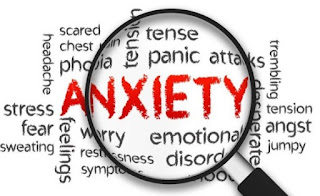 |
| Image Source : http://discovermagazine.com/2015/june/8-out-like-a-light |
The human need for sleep is a mystery. The central nervous
system is always impacted by sleep. There may have been other things that
evolution added onto the primary function of sleep, but the primary function of
sleep probably has something to do with the brain."
Idea is that sleep might enable the brain to clear out toxic
products produced when we're awake. The brain is a huge consumer of energy,
which means it also produces much waste. Some recent research suggests that
sleep is a time when the brain sweeps itself clean, but those results need to
be replicated. It might be something that kind of happens with sleep, but it
may not be the most important thing sleep is doing.
Humans spend nearly a third of their lives asleep. Going
without sleep will literally make you psychotic and, eventually, kill you. It's
clear that shut-eye is crucial to the body's ability to function. But no one
knows what sleep actually does. "It's sort of embarrassing," said Dr.
Michael Halassa, a neuroscientist. "It's obvious why we need to eat, for
example, and reproduce … but it's not clear why we need to sleep at all."
We're vulnerable when we're asleep, so whatever sleep does,
it must be worth the risk of the brain taking itself mostly offline. There are
a few theories about why we sleep, and although none of them are totally solid,
a few try to explain what happens each night, pulling in research on topics
ranging from cellular processes to cognition. Researchers say it does seem
clear that sleep is key to the brain's ability to reorganize itself — a feature
called plasticity. It puts the body on alert for a wound but no wound happens. This
could easily help explain the links between sleep deprivation and negative
health outcomes such as heart disease and stroke.
In the past 50 years, there has been a decline in average
sleep duration and quality.











